Author: Jasmine Riviere Marcelin, MD
The Weekly Corona with Dr. Raquel Lamarche
Dr. Raquel Lamarche is a PGY1 Internal Medicine/Pediatrics resident at UNMC, who will be summarizing updates about SARS-CoV-2 and hopefully make information easier to digest, with additional outlines of implications for graduate medical education. This week Dr. Lamarche discusses “Innovation in the time of COVID-19: No idea is too small”. You can follow Dr. Lamarche on Twitter @LamarcheRaquel.
Apr 15, 2020
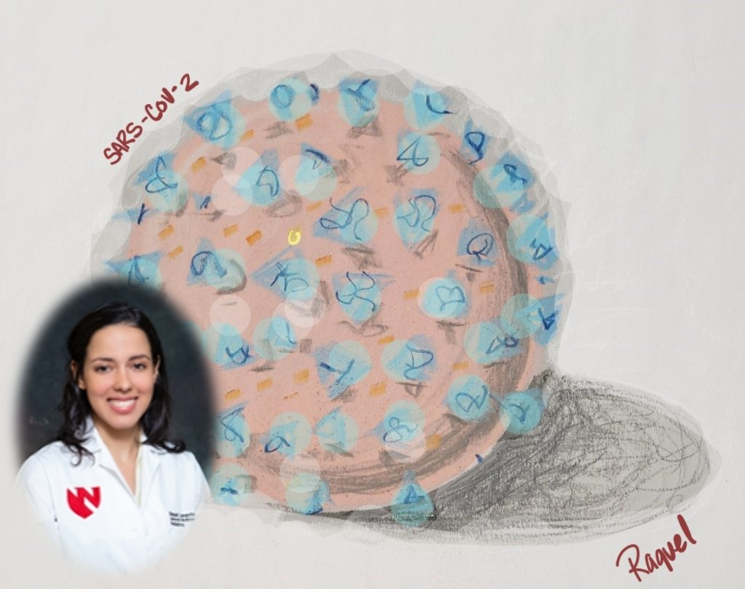
The Weekly Corona with Dr. Raquel Lamarche
Dr. Raquel Lamarche is a PGY1 Internal Medicine/Pediatrics resident at UNMC, who will be summarizing updates about SARS-CoV-2 and hopefully make information easier to digest, with additional outlines of implications for graduate medical education.
Apr 1, 2020

#PharmToExamTable: What is the evidence for continuous infusion dosing of cefazolin?
The following is a clinical review written by Corey Paz, PharmD. Recent graduate of UNMC College of Pharmacy and new PGY1 Pharmacy Resident at Gunderson Health System in LaCrosse, Wisconsin. Follow him on Twitter @coreypaz. Corey was supervised by Scott Bergman, PharmD, FCCP, FIDSA, BCPS. Pharmacy Coordinator for Antimicrobial Stewardship at Nebraska Medicine and Clinical […]
Mar 30, 2020
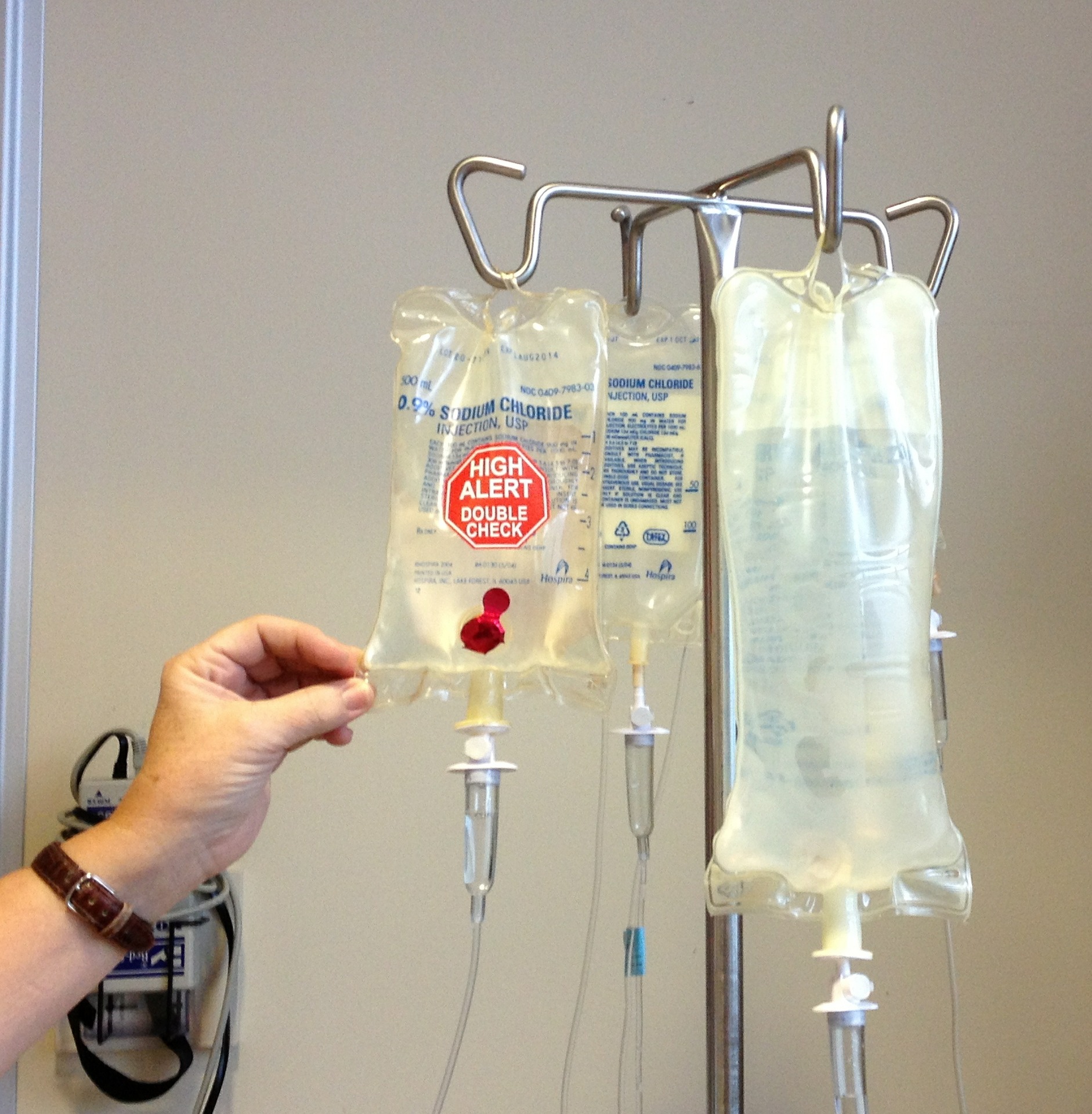
The Weekly Corona with Dr. Raquel Lamarche
Dr. Raquel Lamarche is a PGY1 Internal Medicine/Pediatrics resident at UNMC, who will be summarizing updates about SARS-CoV-2 and hopefully make information easier to digest, with additional outlines of implications for graduate medical education.
Mar 25, 2020
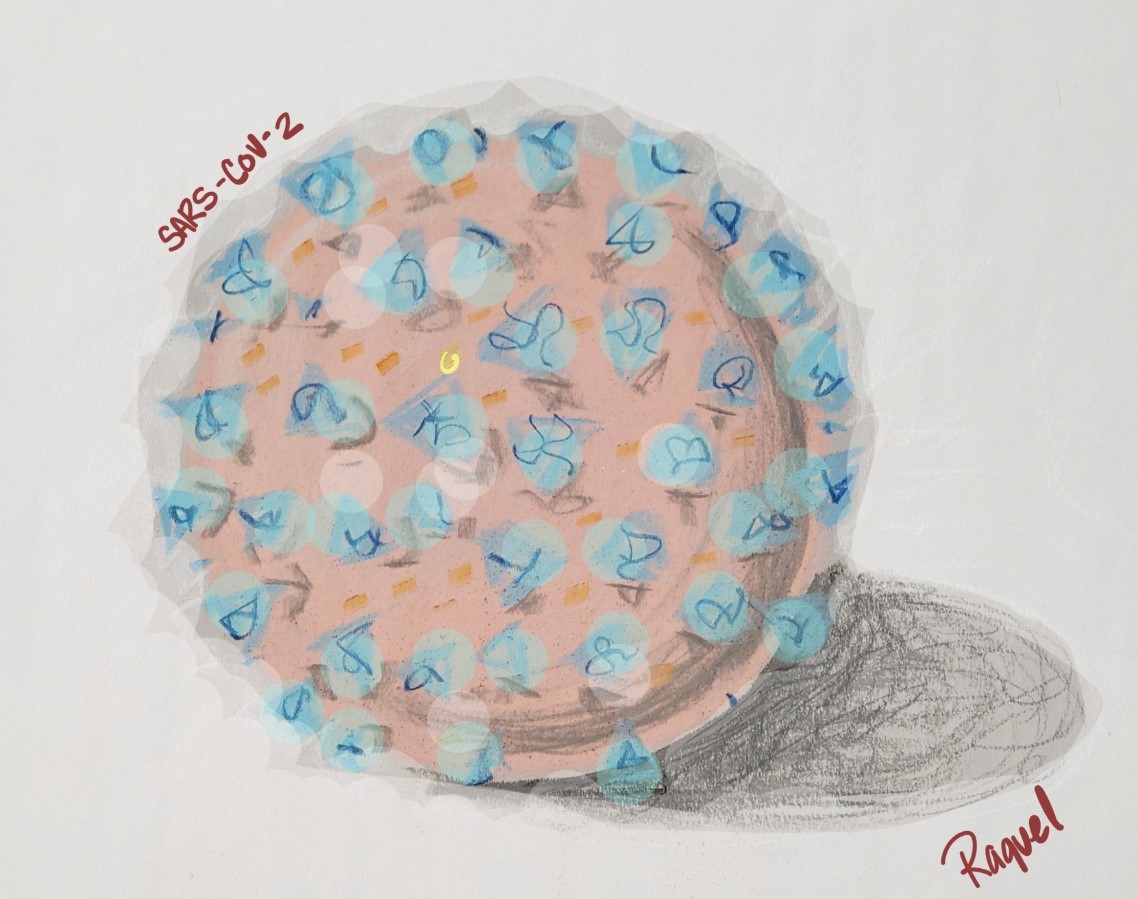
In 2018, we experienced a particularly severe West Nile Virus season, with an unusually high amount of neuroinvasive disease. Last summer, our senior ID Fellow Dr. Lindsey Rearigh shared an informational blog post about the disease, and more recently, she and Dr. Sara Bares published a case report in the Journal of Neurovirology describing a […]
Mar 23, 2020
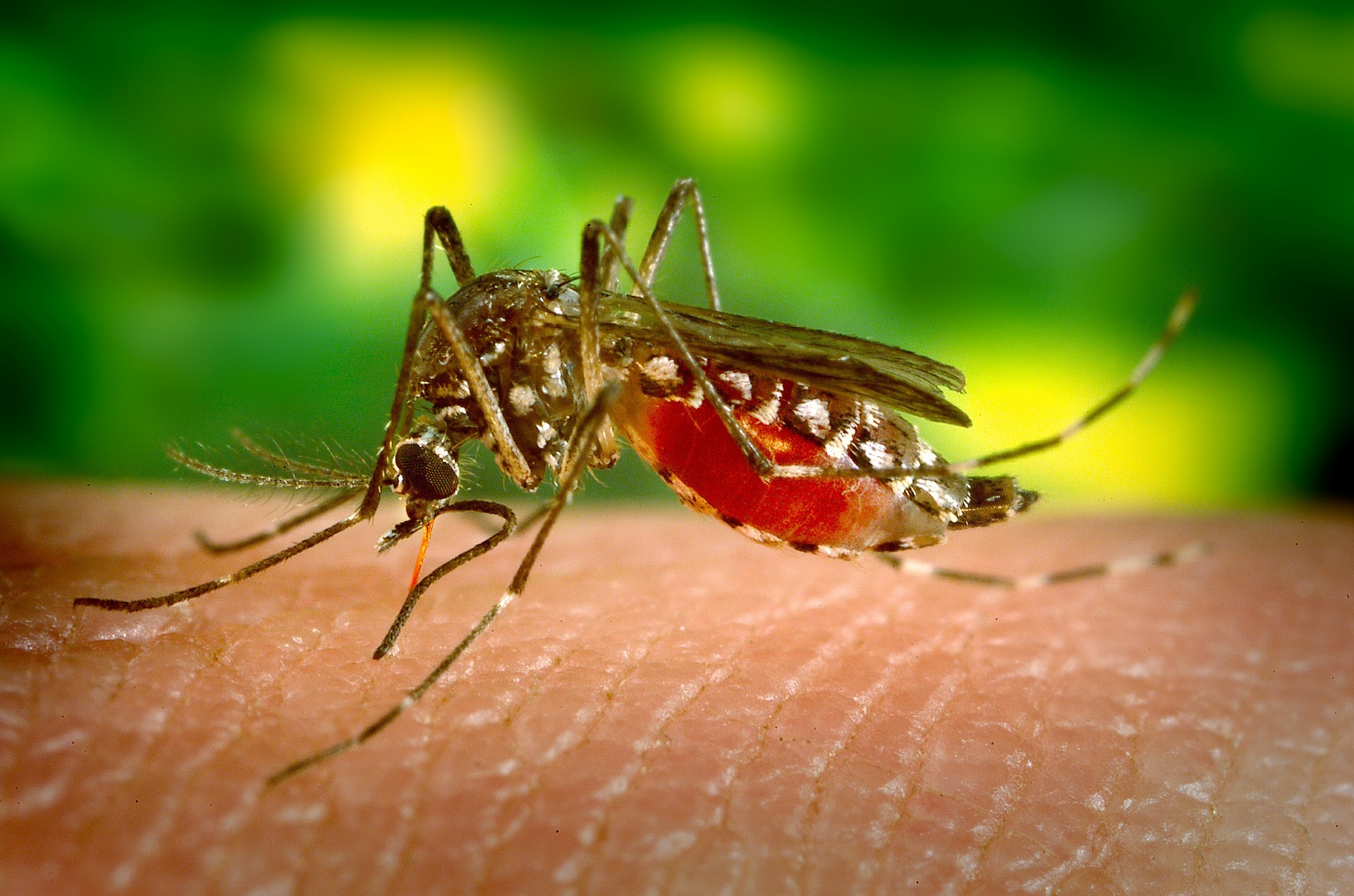
About our First Year Fellows – Dr. Clayton Mowrer
Tell us about the position you are starting: I am a quarter of the way through my first two years of a four year adventure as an Internal Medicine/Pediatrics Infectious Diseases fellow here at UNMC. I will spend these first two years here learning adult ID, followed by two years at Children’s Hospital and Medical […]
Mar 3, 2020

The AMDA – The Society for Post-Acute and Long Term-Care Medicine convened a UTI consensus statement workgroup in 2017 to outline best practices for the management of UTI in post-acute and long-term care (PALTC) settings. The workgroup consisted of various national and international subject matter experts and was chaired by UNMC faculty Dr. Muhammad Salman Ashraf, who […]
Feb 18, 2020
How Should Clinicians Respond to International Public Health Emergencies?
Dr. Angela Hewlett, Medical Director of the Nebraska Biocontainment Unit, recently co-authored an article that appeared in the AMA Journal of Ethics entitled; “How Should Clinicians Respond to International Public Health Emergencies?” Dr. Hewlett shared a brief summary of the paper below: The paper is a case-based analysis of issues surrounding clinicians who respond to international public health […]
Feb 10, 2020
About our First Year Fellows – Mark Ridder, MD
Tell us about your current position I a first year fellow of infectious disease at University of NE Medical Center. For the next 2 years I’ll be learning all I can from experts in the field for the diagnosis, treatment, and management of a wide variety of infectious diseases ranging from parasites and fungal disease […]
Feb 4, 2020

Blood culture contamination–it’s a big deal
Blood cultures are a key diagnostic test to detect bacteremia and appropriately treat patients with sepsis and are performed approximately 30 million times in the United States yearly. Unfortunately, contamination of blood cultures occurs in the 0.5% to 5% of samples (approximately 25% of positive blood cultures are due to contamination) which leads to inappropriate […]
Jan 21, 2020
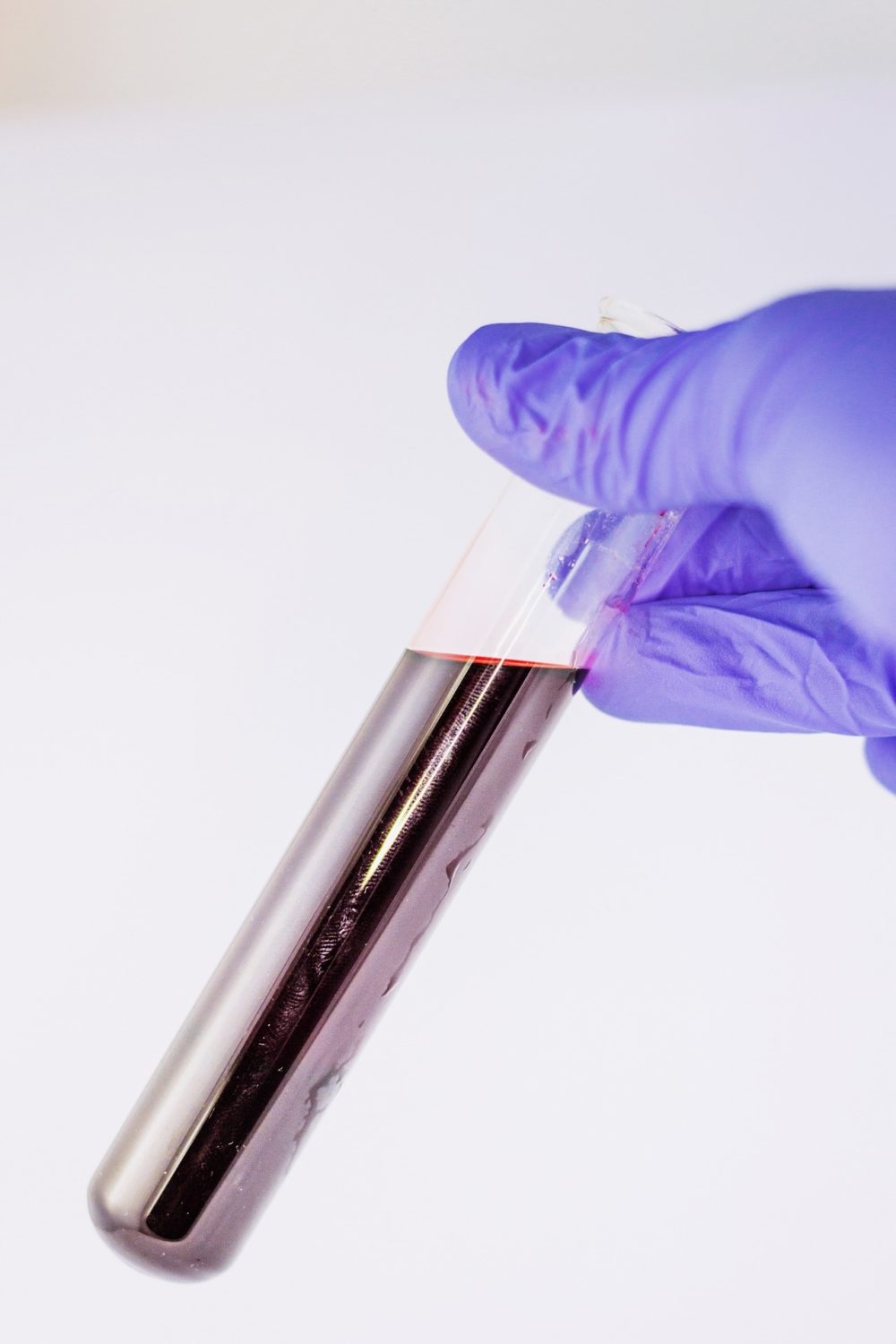
Archives
- April 2024
- March 2024
- February 2024
- January 2024
- December 2023
- November 2023
- October 2023
- September 2023
- August 2023
- July 2023
- June 2023
- May 2023
- April 2023
- March 2023
- February 2023
- January 2023
- December 2022
- November 2022
- October 2022
- September 2022
- August 2022
- July 2022
- June 2022
- May 2022
- April 2022
- March 2022
- February 2022
- January 2022
- December 2021
- November 2021
- October 2021
- September 2021
- August 2021
- July 2021
- June 2021
- May 2021
- April 2021
- March 2021
- January 2021
- December 2020
- October 2020
- September 2020
- August 2020
- July 2020
- June 2020
- May 2020
- April 2020
- March 2020
- February 2020
- January 2020
- December 2019
- November 2019
- October 2019
- September 2019
- August 2019
- July 2019
- June 2019
- May 2019
- April 2019
- March 2019
- February 2019
- January 2019
- December 2018
- November 2018
- October 2018
- September 2018
- August 2018
- July 2018
- June 2018
- May 2018
- April 2018
- March 2018
- February 2018
- January 2018
- December 2017
- November 2017
- October 2017
- September 2017
- August 2017
- July 2017
- June 2017
- May 2017
- April 2017
- March 2017
- February 2017
Categories
- Antimicrobial Stewardship
- Bench to Bedside
- Conferences and Presentations
- COVID-19
- Faculty and Staff
- Faculty Recruitment
- Fun With ID
- Guest blog posts
- HIV/AIDS
- ICAP
- ID Grand Rounds Speakers
- ID History
- ID Pharmacy
- IDIG
- IDSA
- In the News
- Infection Prevention and Control
- Journal Club
- Medical Education
- Micro
- Microbe Monday
- NBU
- Nebraska ASAP
- Nebraska Medicine ASP
- Oncology ID
- Pediatric ID
- PharmToExamTable
- Publication Alert
- Research
- Transplant ID
- Uncategorized
- UNMC ASP
- UNMC Enhanced Medical Education Track
- UNMC ID Achievements
- UNMC ID Fellowship
- UNMC SCC
- UNMCID GIVES BACK
- Weekly Corona
- Why I Love ID
Recent Comments